Susanne Abbuehl - April (2001)
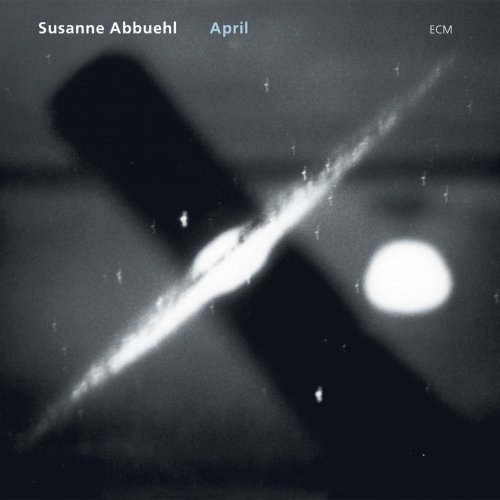
Artist: Susanne Abbuehl
Title: April
Year Of Release: 2001
Label: ECM
Genre: Jazz, Vocal Jazz
Quality: FLAC (tracks) / MP3 320 Kbps
Total Time: 59:10
Total Size: 291 Mb / 151 Mb
WebSite: Album Preview
Tracklist: Title: April
Year Of Release: 2001
Label: ECM
Genre: Jazz, Vocal Jazz
Quality: FLAC (tracks) / MP3 320 Kbps
Total Time: 59:10
Total Size: 291 Mb / 151 Mb
WebSite: Album Preview
01. Yes Is A Pleasant Country: 5:21
02. Ida Lupino 7:26
03. Closer 5:10
04. All I Need 2:52
05. A.I.R. (All India Radio) 8:06
06. Seven Somewhere I Have Never Travelled,Gladly Beyond 3:35
07. Skies May Be Blue;Yes 7:42
08. 'Round Midnight 4:12
09. Maggie And Milly And Molly And May 6:31
10. Since Feeling Is First 1:45
11. Mane Na 5:41
Personnel:
Susanne Abbuehl, voice
Wolfert Brederode, piano, harmonium, melodica
Christof May, clarinet, bass clarinet
Samuel Rohrer, drums, percussion
The ECM debut of Susanne Abbuehl is a verdant introductory résumé for which the Swiss singer-composer presents settings of poems by e. e. cummings and sets her own to the music of Carla Bley. Abbuehl comes from a long line of idiosyncratic chanteuses to have passed through ECM’s hallowed halls—including Sidsel Endresen, Norma Winstone, and Annette Peacock—and has left behind a veritable wing of artwork to admire at length. April carves out perhaps the most distinct of these exhibitions, and with “yes is a pleasant country” introduces us not only to her nesting textu(r)al approach, but also to the poetry of her synergistic band. Pianist Wolfert Brederode (who has since gone on to record leader dates for ECM), drummer Samuel Rohrer (also of Brederode’s quartet), and clarinetist Christof May together grow, needle by needle, the Christmas tree from which Abbuehl hangs her vocal ornaments. The simpatico between singer and sung is further palpable in her braiding with melodica and clarinet in “all i need,” for which its love guides her indigo words far into the heavens. “skies may be blue” and “yes” form a bonded pair. One is a meditation on spring, the other a field of rolling hills painted in wordcraft. Brederode’s composing and playing are exquisite in “maggie and milly and molly and may,” a litany of fleeting memories in which his pianism overshadows with a vocal quality all its own. The final cummings tribute comes in “since feeling is first.” This Abbuehl sings solo, a tribute to the poet’s later disavowals of punctuation.
Bley’s classic “Ida Lupino” gets a lyrical makeover, bringing out just one of countless stories hidden in its pathways: astute, a touch dark, and emotionally forthcoming. Brederode is something of a sage here, navigating the whimsical images therein: a tiger in the snow, a waning eye, a folding of the self into another’s embrace. “Closer” and “A.I.R. (All India Radio)” pitch more cargo onto the S.S. Bley, set adrift on moonlit waters. Beyond Abbuehl’s “together-colored moment,” precious jewels shine in anticipation. The air is as wistful as one’s naming of it, yet promises eternity in the bass clarinet’s deep pocket. The latter tune processes by virtue of Rohrer’s understated timekeeping. Among the more seamless weddings of voice and music the album has to offer, one can easily get lost in its wordless circumscriptions. (It also foreshadows the album’s closer.) Bley gets one last nod in “Seven,” for which Abbuehl places spoken verse—in her words: petal by petal, yet deeper than all roses—upon the heart’s altar.
Yet there is perhaps nothing so beguiling here than her re-imagining of “’Round Midnight.” Accompanied only by Brederode on harmonium, the tune creeps out from the darkness and shivers the very marrow. “Mane na” concludes the session by paying homage to Abbuehl’s Hindustani vocal training with a raga compressed to the scope of a teardrop.
Although barely acknowledged above, Rohrer’s delicate infusions haunt the landscape throughout, reaching, as Abbuehl recites, “somewhere I have never travelled, gladly beyond…” In those rhythms is a heart made of pages, thirsty for the next scratch of pen.
An auspicious label debut.
Bley’s classic “Ida Lupino” gets a lyrical makeover, bringing out just one of countless stories hidden in its pathways: astute, a touch dark, and emotionally forthcoming. Brederode is something of a sage here, navigating the whimsical images therein: a tiger in the snow, a waning eye, a folding of the self into another’s embrace. “Closer” and “A.I.R. (All India Radio)” pitch more cargo onto the S.S. Bley, set adrift on moonlit waters. Beyond Abbuehl’s “together-colored moment,” precious jewels shine in anticipation. The air is as wistful as one’s naming of it, yet promises eternity in the bass clarinet’s deep pocket. The latter tune processes by virtue of Rohrer’s understated timekeeping. Among the more seamless weddings of voice and music the album has to offer, one can easily get lost in its wordless circumscriptions. (It also foreshadows the album’s closer.) Bley gets one last nod in “Seven,” for which Abbuehl places spoken verse—in her words: petal by petal, yet deeper than all roses—upon the heart’s altar.
Yet there is perhaps nothing so beguiling here than her re-imagining of “’Round Midnight.” Accompanied only by Brederode on harmonium, the tune creeps out from the darkness and shivers the very marrow. “Mane na” concludes the session by paying homage to Abbuehl’s Hindustani vocal training with a raga compressed to the scope of a teardrop.
Although barely acknowledged above, Rohrer’s delicate infusions haunt the landscape throughout, reaching, as Abbuehl recites, “somewhere I have never travelled, gladly beyond…” In those rhythms is a heart made of pages, thirsty for the next scratch of pen.
An auspicious label debut.
DOWNLOAD FROM ISRA.CLOUD
Susanne Abbuehl April 01 2003.rar - 291.0 MB
MP3 Susanne Abbuehl April 01 2003.rar - 151.8 MB
Susanne Abbuehl April 01 2003.rar - 291.0 MB
MP3 Susanne Abbuehl April 01 2003.rar - 151.8 MB
![Meg Okura - Isaiah (2026) [Hi-Res] Meg Okura - Isaiah (2026) [Hi-Res]](https://www.dibpic.com/uploads/posts/2026-02/1771428622_a0886412943_10.jpg)
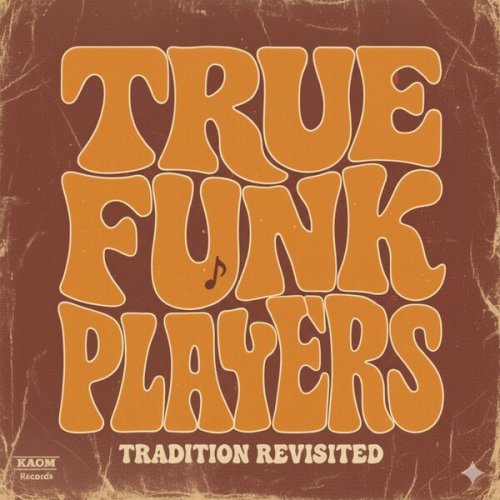
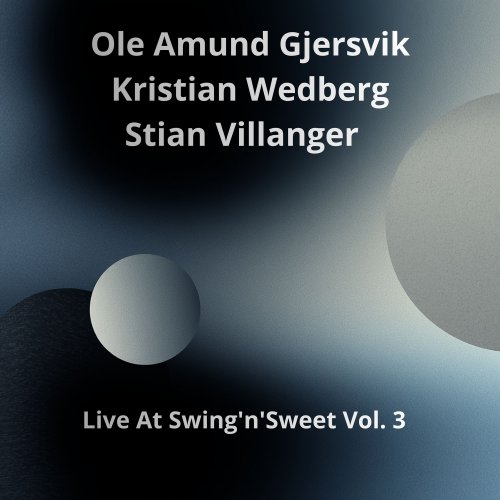
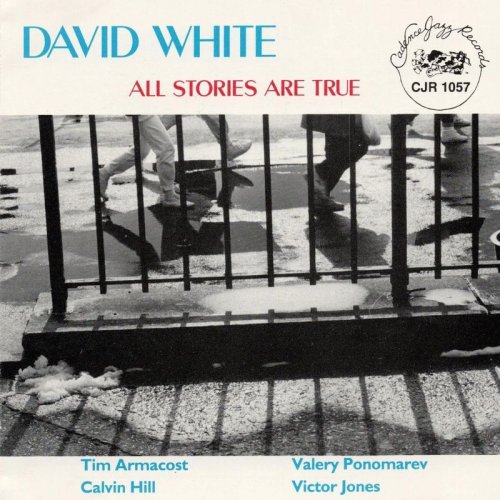
![Lisanne Lyons - May I Come In (2026) [Hi-Res] Lisanne Lyons - May I Come In (2026) [Hi-Res]](https://www.dibpic.com/uploads/posts/2026-02/1771506063_vqohcely45tnt_600.jpg)
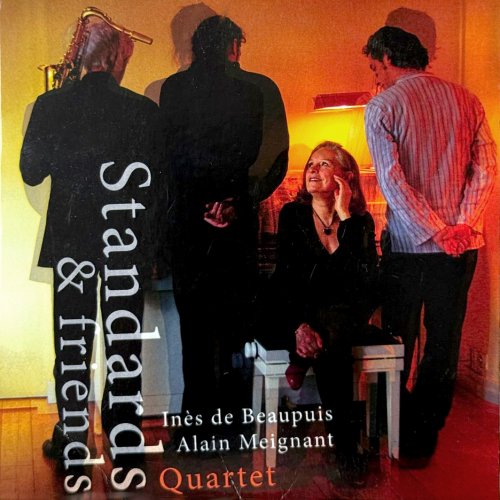
![Sababa 5 - Ça va Ça va (2026) [Hi-Res] Sababa 5 - Ça va Ça va (2026) [Hi-Res]](https://img.israbox.com/img/2026-02/19/fjh6s1r25i49g9yulzp8ivi4c.jpg)

![Meinild/Anderskov/Tom - Spectral Entanglements (2023) [Hi-Res] Meinild/Anderskov/Tom - Spectral Entanglements (2023) [Hi-Res]](https://www.dibpic.com/uploads/posts/2026-02/1771491474_hl116k2q9n24a_600.jpg)